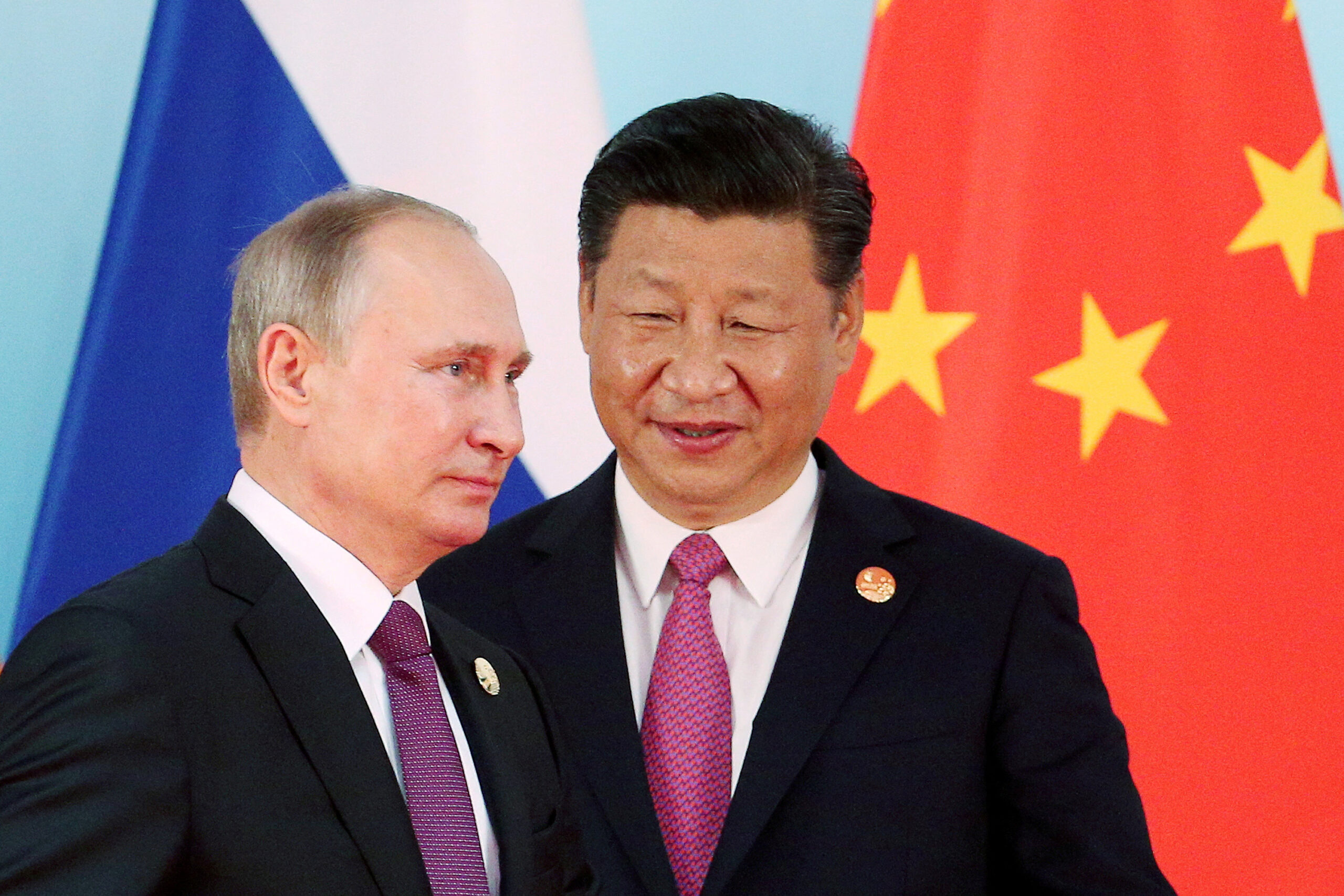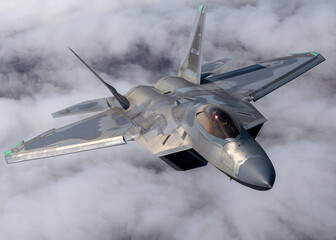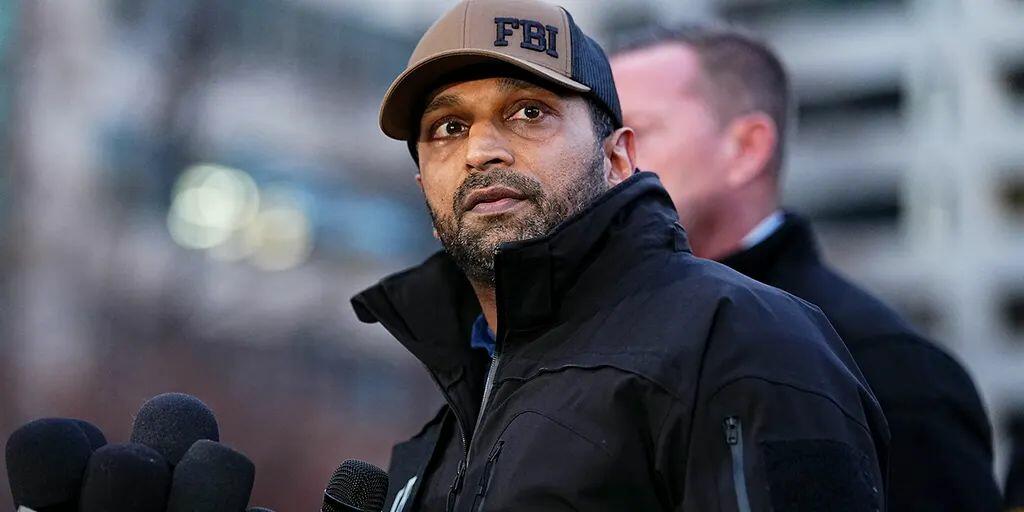Chinese ruler Xi Jinping has warned that “bloc politics” are posing the greatest threat to global security since the Cold War. He added that the “Cold War mentality” and “one-sided hegemony” still persist in the international arena.
Xi made the remarks during a meeting with his Russian counterpart, Vladimir Putin, in Beijing on Thursday adding that the wars in both Gaza and Ukraine are the result of these ideologies.
During a joint press conference with Putin, the Chinese president said: “In today’s world, Cold War mentality is still raging. Unilateral hegemony, bloc confrontation, and power politics pose a direct threat to the entire world and the security of all countries.” Xi added that there should be an end to all hostilities in Palestine, saying that political resolution is the preferred outcome.
“China hopes for the swift restoration of peace on the European continent and is ready to continue its constructive role,” Xi stated according to a report by RT. He added that a “new, balanced, effective and stable security architecture” should be put into place.
According to the Chinese president, ties between Beijing and Moscow are a “model of relations between large powers and neighboring states, characterized by mutual respect, trust [and] friendship.”
At the same press conference, Putin said his country’s partnership with China was “based on the multipolar realities and international law,” and was “one of the main stabilizing factors on the international stage.” He added that relations between China and Russia “are not aimed against anyone.”
China & Russia Criticize Israel As Putin Arrives In Beijing To Deepen Ties With “Dear Friend” Xi
Last year, China presented its own 12-point roadmap for peace in Ukraine. Speaking last month, Russian Foreign Minister Sergey Lavrov hailed Beijing’s proposal as the “clearest” of all put forward by various countries to date. He described it as “sensible,” noting that – unlike Ukrainian President Vladimir Zelensky’s peace formula, which has been endorsed by the West – China’s plan looked at the root causes of the conflict.-RT










0 Comments